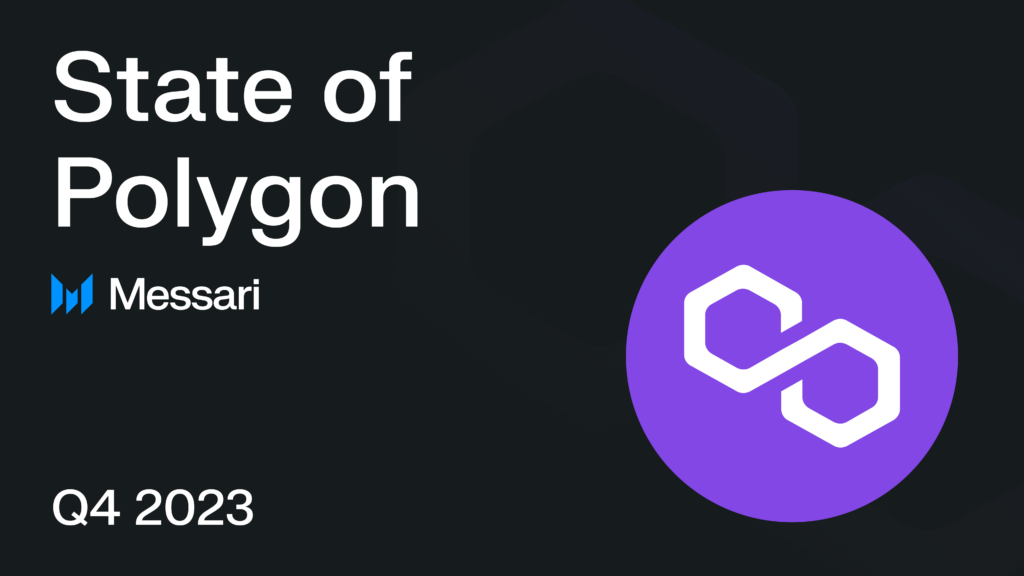Podcast Summary
This podcast features Rebecca, the Chief Legal and Policy Officer at Polygon, and Miller, the CEO of the DeFi Education Fund. They discuss the regulatory challenges in the crypto space, focusing on the DeFi sector. They also delve into their co-authored paper, “Genuine DeFi: A Critical Infrastructure,” which proposes a framework for regulating DeFi and combating illicit finance activity.
Key Takeaways
Regulating DeFi: A New Approach
- Conceptual Framework: The podcast discusses a paper co-authored by the guests, proposing a new approach to regulating DeFi. The paper emphasizes the need for a tailored approach that doesn’t try to fit DeFi into the traditional financial institution model.
- Illicit Finance in DeFi: The paper identifies sources of illicit finance in DeFi, including cyber risk, system management risk, and usage risk. It highlights the challenge of tracking and stopping illicit activity due to the quick movement of funds through different wallets and protocols.
- Regulatory Challenges: The podcast discusses the challenges of regulating on and off-ramps in DeFi, with offshore exchanges often being non-compliant and having different definitions of illicit activity. The need for a more macro approach to address the global nature of DeFi is emphasized.
- Transparency as a Solution: The guests propose leveraging transparency to provide law enforcement with faster access to information, citing a case study where the IRS used blockchain transparency to bring down a child pornography ring.
- Compromise Between Regulators and DeFi: The podcast acknowledges the need for compromise between regulators and the DeFi industry, as these issues are not going away and a solution must be found. The example of the Swift network, which is a neutral infrastructure that allows global use but is exempt from many regulatory obligations, is mentioned.
Sentiment Analysis
- Bullish: The podcast expresses a bullish sentiment towards the potential of DeFi and the crypto industry at large. The guests highlight the need for a tailored approach to regulation that aligns with the nature of permissionless DeFi systems, indicating optimism about the future of the industry.
- Bearish: There is a bearish sentiment regarding the current regulatory landscape and the challenges it poses to the DeFi sector. The guests express concern about the attempt to force the creation of intermediaries in DeFi systems, which undermines the fundamental innovation of DeFi. They also highlight the risk of illicit finance activity in the sector.
- Neutral: The podcast maintains a neutral stance on the future of regulation in the DeFi sector. While acknowledging the challenges, the guests propose solutions and emphasize the need for compromise between regulators and the DeFi industry. They suggest that proactive solutions should be developed to address potential national security and economic security concerns.









